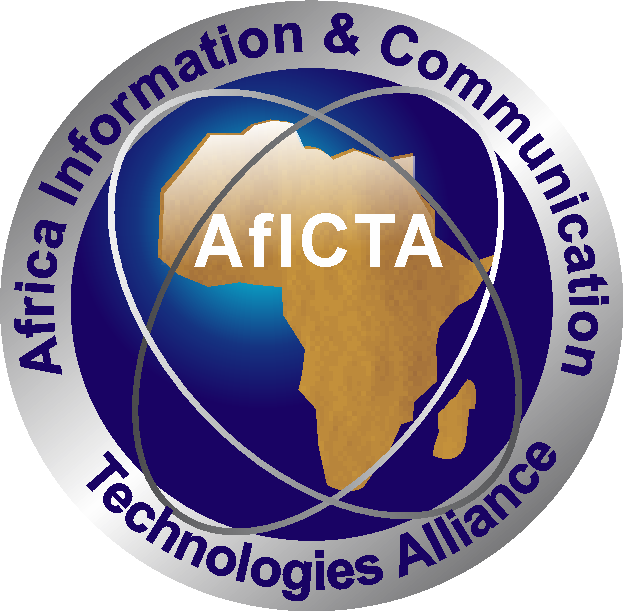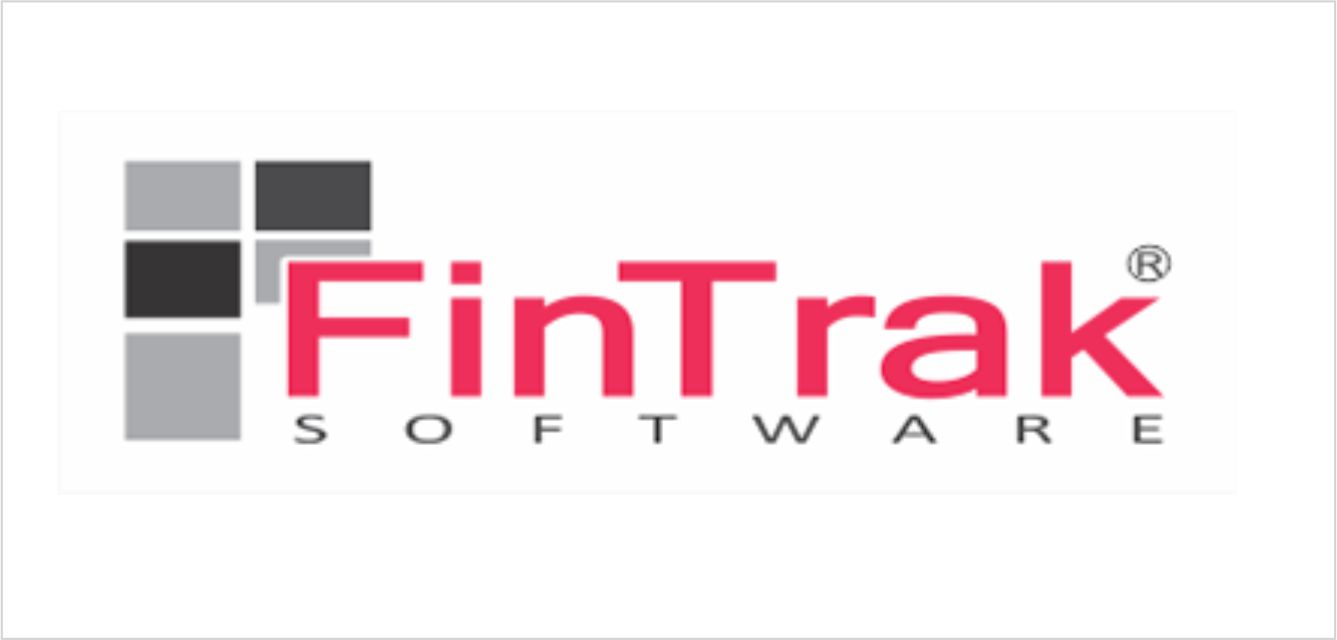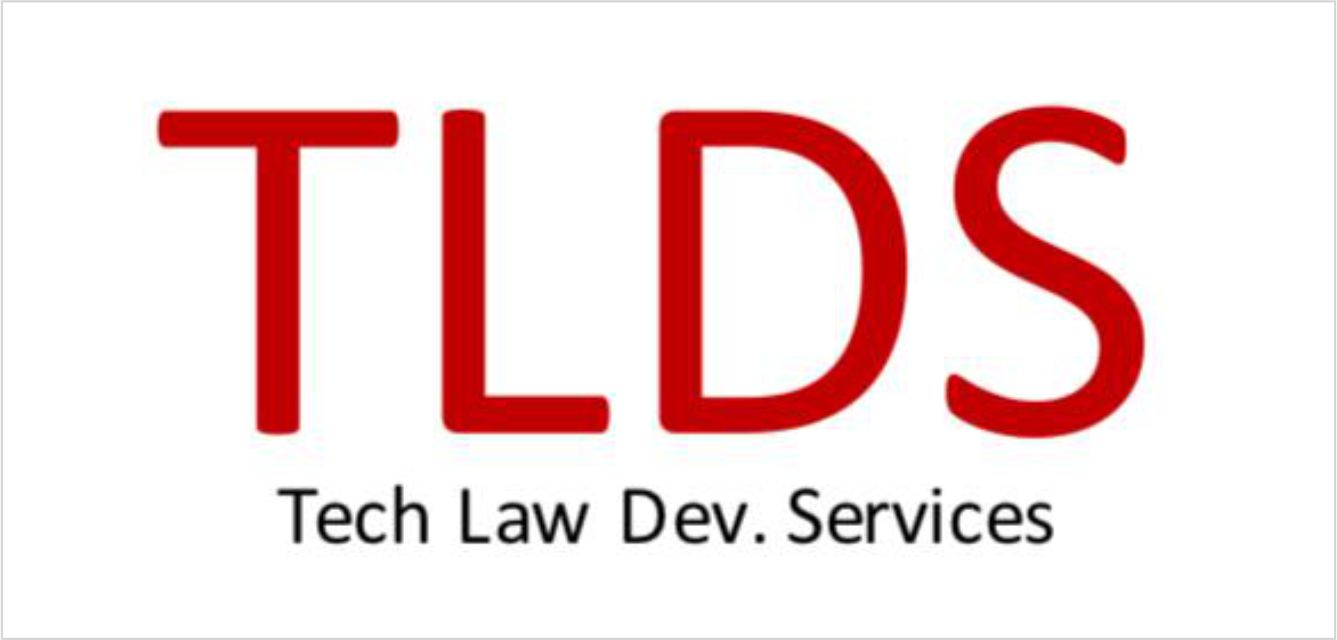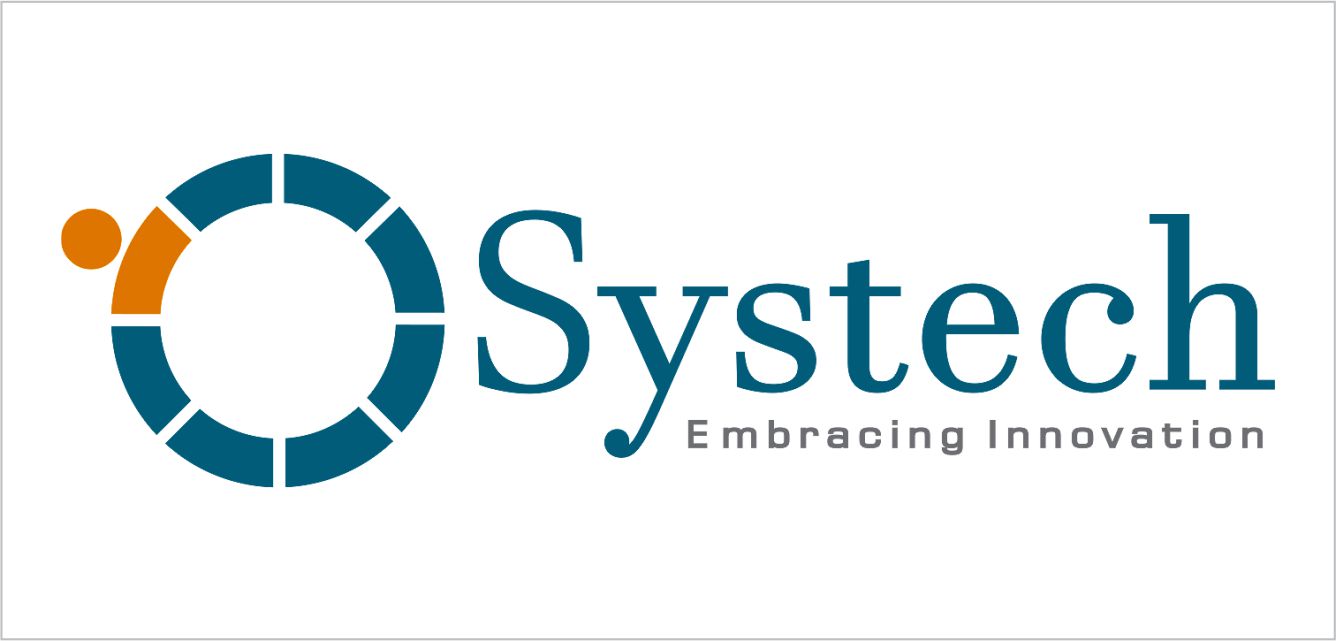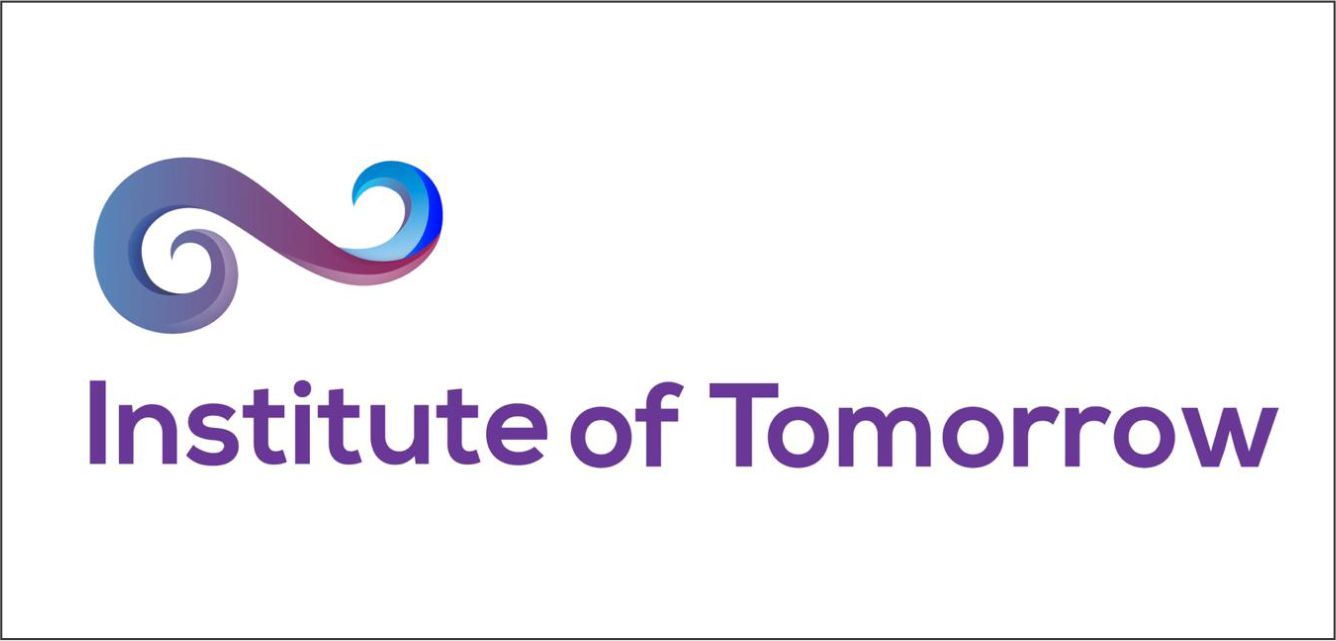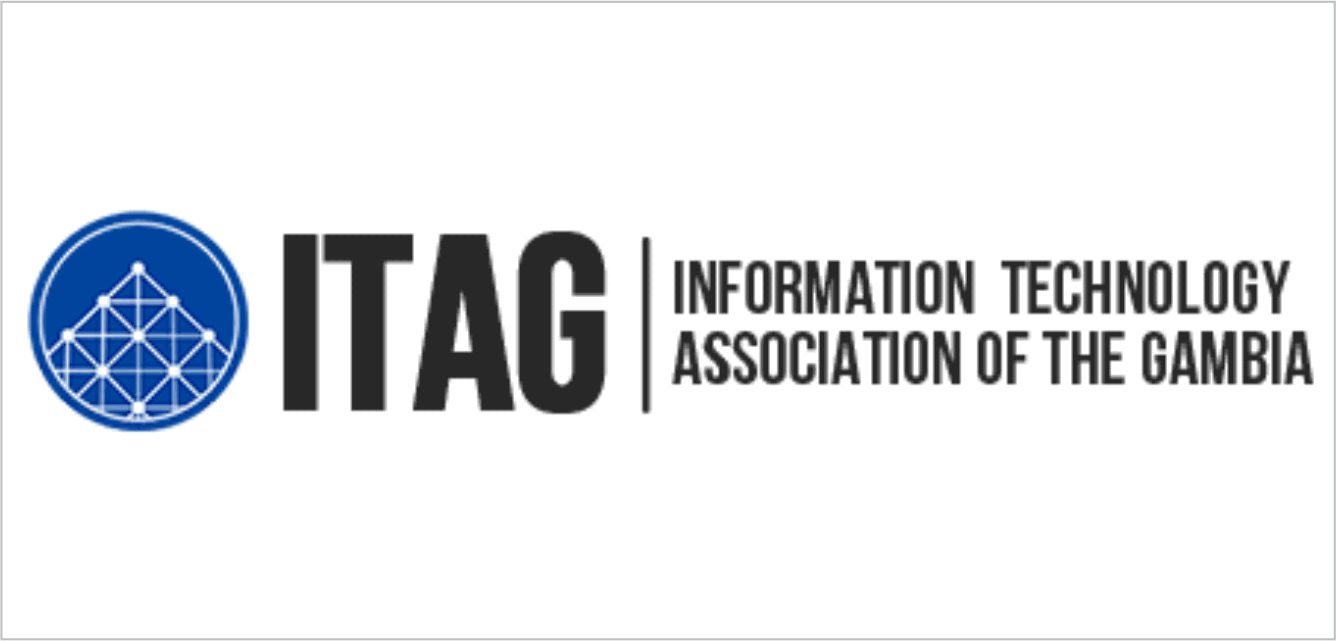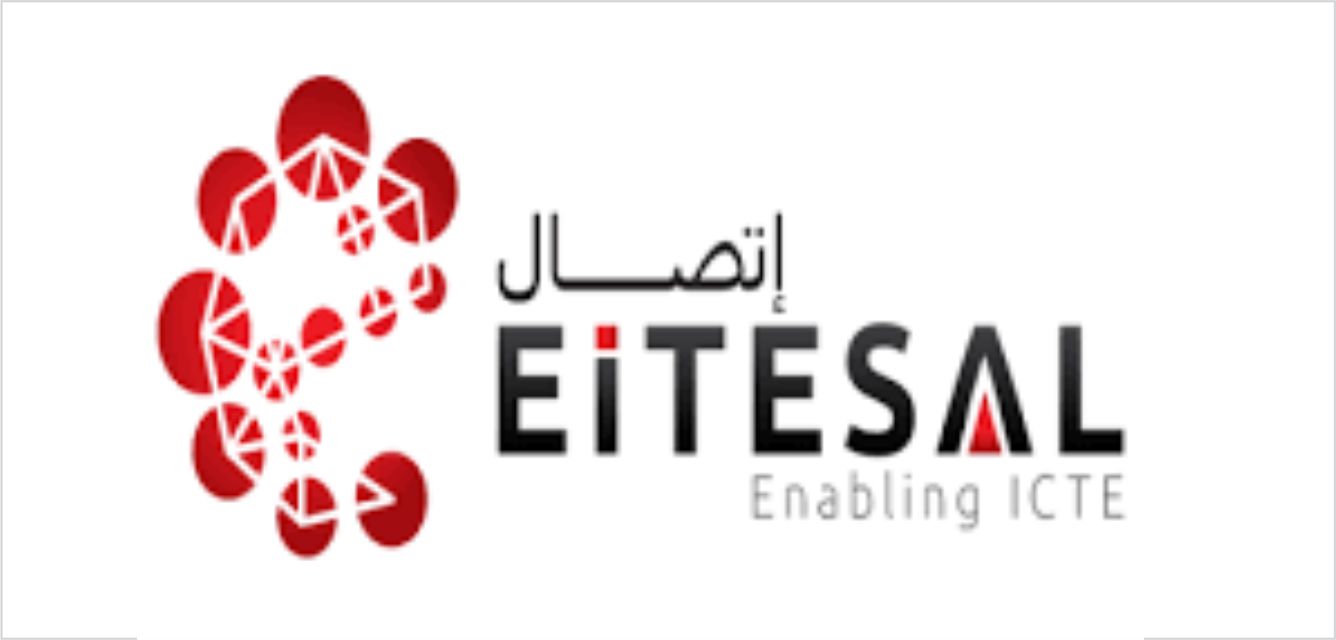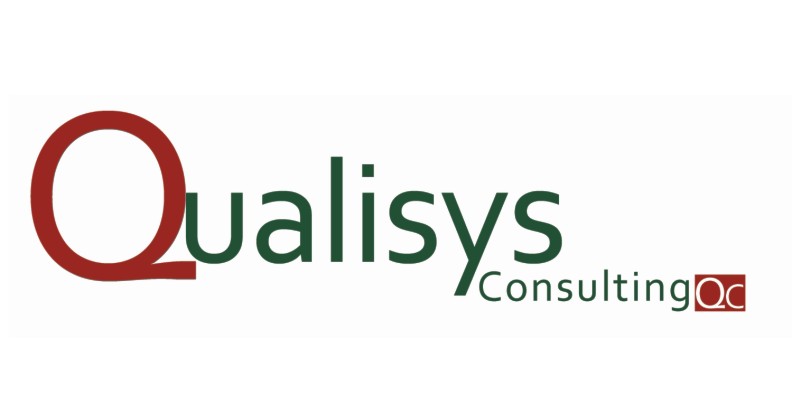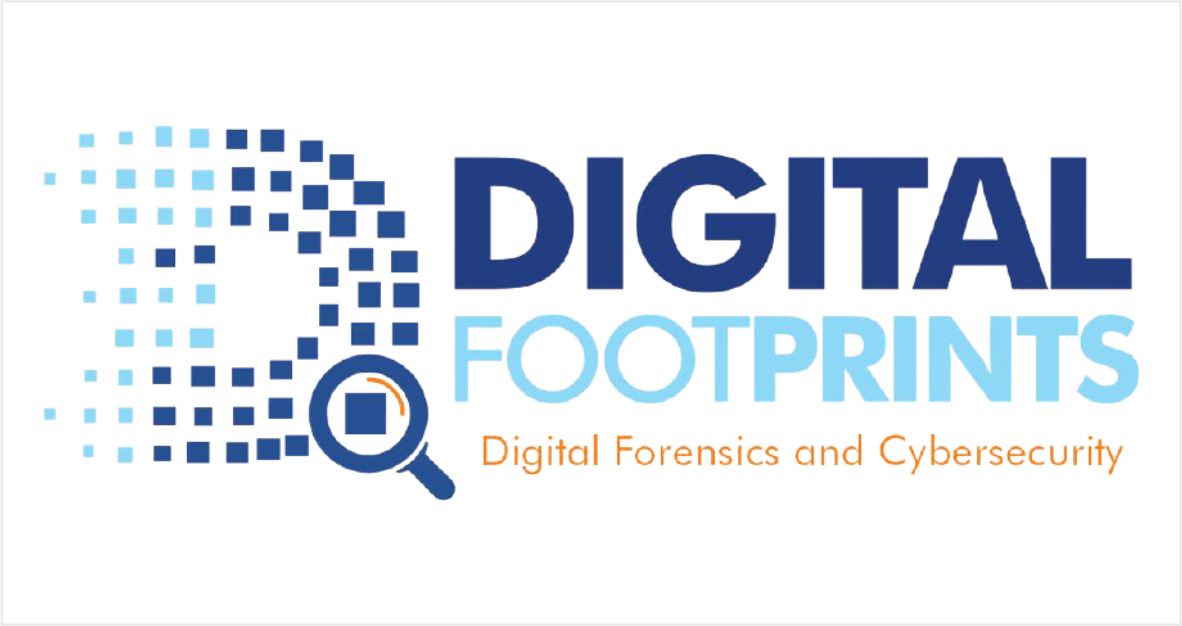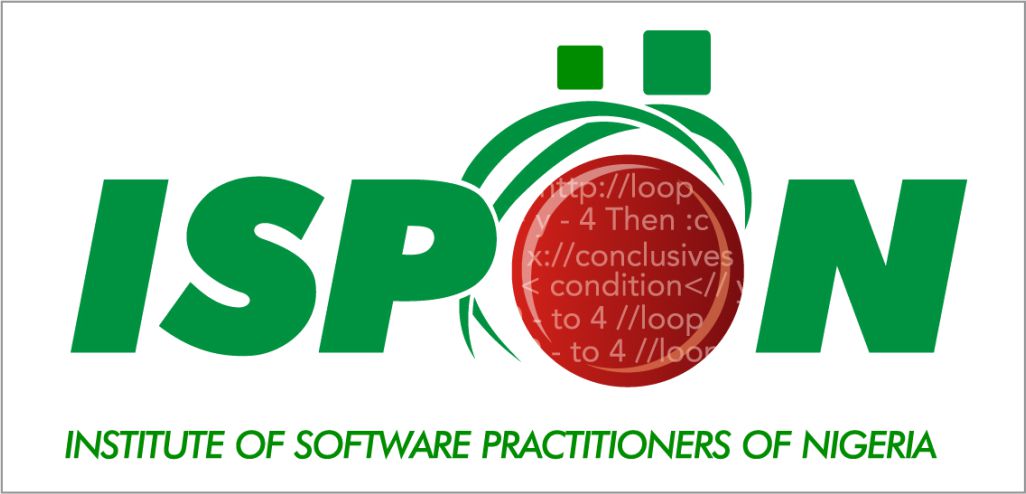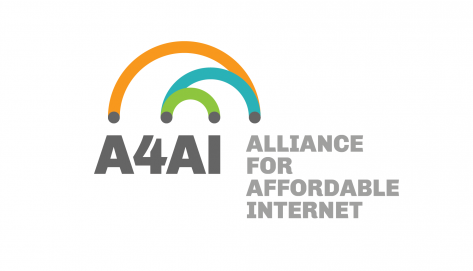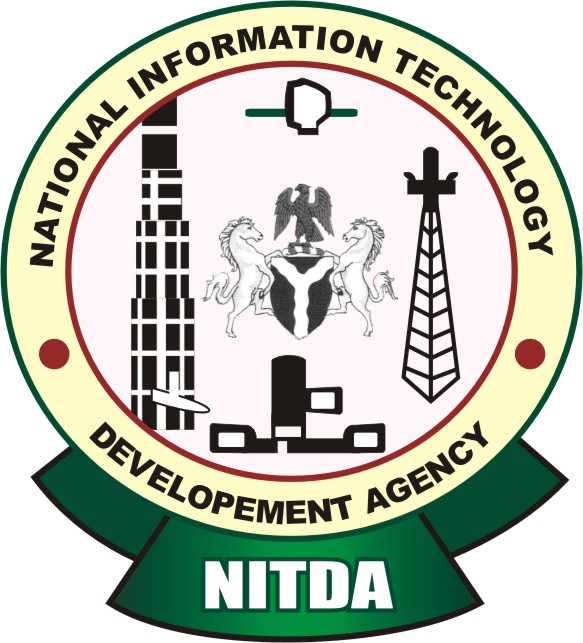 The Board of AfICTA - Africa ICT Alliance is pleased to bestow on a dear friend, Marilyn Cade, the honorary posthumous award of Africa ICT Champion for her support throughout the evolution of AfICTA. Marilyn Cade was passionate in her support for the voices of business from the global South in the complex multi-stakeholder and multi-lateral ecosystem of the IG in the Internet Corporation for Assigned Names and Numbers (ICANN), International Telecommunications Union (ITU), United Nations Commission on Science & Technology for Development (UN CSTD) and in many other fora.
The Board of AfICTA - Africa ICT Alliance is pleased to bestow on a dear friend, Marilyn Cade, the honorary posthumous award of Africa ICT Champion for her support throughout the evolution of AfICTA. Marilyn Cade was passionate in her support for the voices of business from the global South in the complex multi-stakeholder and multi-lateral ecosystem of the IG in the Internet Corporation for Assigned Names and Numbers (ICANN), International Telecommunications Union (ITU), United Nations Commission on Science & Technology for Development (UN CSTD) and in many other fora.
The Africa ICT Champion Award® is for leaders in the private and public sector that have distinguished themselves in any of the ICT fields - Hardware, Software, Services, and Communication.
“You may be gone from our sights but you are never gone from our hearts. Your memories continue to live with us for the landslide achievement and impact made while here with us. Sleep on beloved” - AfICTA Chair.
About Africa ICT Alliance -AfICTA
Africa Information & Communication Technologies Alliance - AfICTA is a concerned private sector-led alliance of ICT Associations, Multi-national Corporations, Companies, Organisations, and individuals in the ICT sector in Africa. Our vision is to fulfill the promise of the digital age for everyone in Africa while our mission is to encourage multi-stakeholder dialogue fostering accelerated and ICT-enabled development in Africa and the use of cutting-edge innovative technologies including mobile, computing, and satellite technologies to achieve an Information society in Africa. Please learn more @ https://aficta.africa

We all made it happen in the year 2021 and all the giant steps we took drew us closer to realizing the goal of fulfilling the promise of the digital age for everyone in Africa.
Thank you for being there. We hope that this season brings you all the blessings which you deserve and that the year to come is more prosperous.
Merry Christmas and Prosperous New Year 2022.
AfICTA Secretariat.

One of the major issues that plague the IP Protection Industry is the retention of IP rights and this stems from the systemic unavailability of local sources of funding which encourages innovators especially in the IT sector to retain businesses within the Nation’s GDP. Venture Capitalist, often tagged as visionaries in the corporate world, don’t give out money for the sake of it but rather buy the rights to the IP of businesses which in the grand scheme of things would prove unsustainable because it affects the Nation’s GDP as a chunk of the revenue is succeeded to businesses that are not indigenous to the Country.
Join us at the webinar as we have important discussions on policies that develop a sustainable framework for capital funding at least on an equal footing for innovative businesses in the digital ecosystem with the sole purpose of ensuring IP retention in Nigeria especially in the sectors growing exponentially such as the AgroTech, Fintech, EduTech and MedTech.
Theme: Right Policies For IP Creation And Retention In Nigeria
Date: November 18, 2021
Time: 10:00 am (GMT) i.e 11:00 am Nigeria, 12:00 pm Cairo/Namibia/SA, 01:00 pm Tanzania/Kenya/Nairobi/Addis Ababa. Check your local time here
 Africa ICT Alliance - AfICTA is set to organize and facilitate #158 IGF Workshop Session titled “Digital Inclusivity in DLDCs: User Connectivity vs. Content” on December 8th during the Sixteenth Annual Meeting of the Internet Governance Forum (IGF) to be hosted by the Government of Poland in Katowice from 6-10 December 2021 under the overarching theme: Internet United.
Africa ICT Alliance - AfICTA is set to organize and facilitate #158 IGF Workshop Session titled “Digital Inclusivity in DLDCs: User Connectivity vs. Content” on December 8th during the Sixteenth Annual Meeting of the Internet Governance Forum (IGF) to be hosted by the Government of Poland in Katowice from 6-10 December 2021 under the overarching theme: Internet United.
To ensure deep discussion with different perspectives, and expected outcomes, AfICTA has thoughtfully selected speakers from different sectors such as Business, Civil Society, Technical Community and Government with selection not limited to Africa but includes Latin America, North America, Europe & Asia and you can also be part of it by registering either to participate remotely or in person.
Download the registration guideline here
Africa Information & Communication Technologies Alliance (AfICTA) is a concerned private sector led alliance of ICT Associations, Multi-national Corporations, Companies, Organizations and individuals in the ICT sector in Africa with membership in more than 34-Nations in Africa including Nigeria, South Africa, Kenya, Egypt, Namibia, Ethiopia, Cote d'Ivoire, Tanzania, and Rwanda.
Join AfICTA here

The 9th AfICTA Summit holds virtually from 8-9 December 2021 and the theme being considered is "Accelerated Digitalization for Economic Revolution in Africa: Prospects and Challenges".
Event Overview
With over USD2.4 trillion Gross Domestic Product (GDP) recorded by the fourth quarter in 2020 (according to the International Monetary Fund) (IMF), Africa though growing exponentially, its stakeholders would need a more decisive and deliberate effort in their plans to digitalize their economies. This is necessary to stay afloat in the midst of several uncertainties and challenges the economies are facing such as the effect of COVID 19 pandemic and climate issues.
Considering the theme "Accelerated Digitalization for Economic Revolution in Africa: Prospects and Challenges", the 9th Summit of AfICTA would further emphasize the need for swift adoption of digitalization by consumers, enterprises, and governments, the proven step to accelerate economic growth and facilitate job creation. In the current environment of a sluggish global economy, digitalization can play an important role in assisting policymakers to spur economic growth and employment. Moreover, the gathering would give a glimpse of how businesses and governments can better benefit from the Africa Continental Free Trade Area (AfCFTA) and the need for its digitization towards achieving a 52 percent boost of intra-African trade by 2022.
